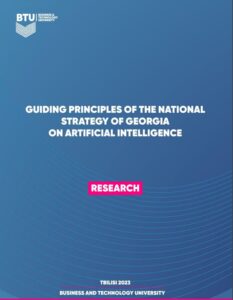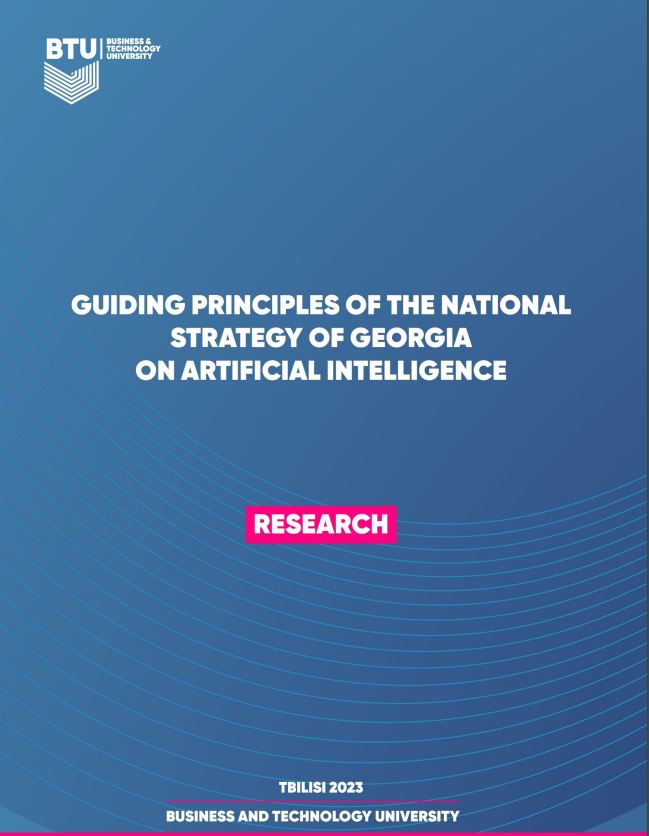 In the 21st century a large body of data has been accumulated, respective algorithms were developed and computer-calculating capacities have increased as a result of the technological process. The given experience clearly illustrated the role and significance of technologies in everyday life of people, including, relationships between the citizen and the state. Digital platforms and means have become a
In the 21st century a large body of data has been accumulated, respective algorithms were developed and computer-calculating capacities have increased as a result of the technological process. The given experience clearly illustrated the role and significance of technologies in everyday life of people, including, relationships between the citizen and the state. Digital platforms and means have become a
certain type of guarantee for providing continuity of activities of all key directions.
Artificial intelligence has already become part of everyday life of our society. It is used by both public and private sectors. Technologies affect relations between the state and the citizen as well as implementation of human rights. Therefore, it is essential to put it within the strategic and legislative frames in order to properly introduce technological achievements and at the same time make sure that they are conscientiously carried out. Therefore, approaches of various countries to regulating and introducing artificial intelligence have been investigated and studied. Besides, the group working on the document analyzed the view developed within the scope of international organizations. Special attention was paid to the documents adopted by the EU regarding introduction of artificial intelligence standards, especially, at the background of full EU integration being the foreign policy aim of Georgia. Approximation of the country’s legislative space to the European legislation is an impartial part of the process as well as making the steps which will support digital transformation of Georgia following European norms. At the moment Georgia possesses no experience of regulating similar technologies at the state level. Therefore, the aim of the document is to develop guiding principles and field approaches for adopting the national strategy of artificial intelligence.
This document develops the field-specific approach to introducing artificial intelligence. To be more specific, the work clearly illustrates possibilities of AI according to a number of key and priority directions. It involves those productive initiatives and instruments which will promote proper use of AI at the state level. Besides, the document is based on the conception of AI as the conception of introducing the supplementary system which should not contradict human rights and norms of ethics. It should serve as the supporting mechanism for the employee to carry out one’s functions in a timely and efficient manner. The process of improving AI systems should fully correspond with international standards of protecting human rights.
Guiding principles developed for the National Strategy of Georgia on Artificial Intelligence are significant not only in the context of introducing AI but also in respect with the country’s digital policy definition and implementation. This is especially important since AI is considered as the efficient instrument to develop digital governance.

